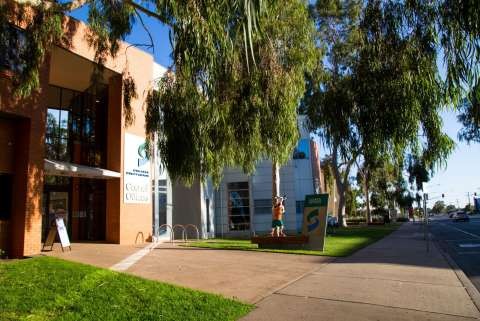To better understand how Stonnington residents use their bins and how we can support increased recycling and composting while diverting waste from landfill, we undertake a kerbside waste audit every two years.
In February 2024, over a two-week period, we will conduct our latest audit. During that time, approximately 750 Stonnington properties will have the contents of their kerbside bins audited.
There are several key benefits of performing biennial waste audits, including:
- providing an accurate snapshot of what types and amounts of waste are generated in Stonnington
- identifying contamination rates and items across Stonnington
- understanding how effectively residents are recycling and composting
- gaining insights into improvements we can make to our service to help divert more waste from landfill and increase composting and recycling rates.
Our last waste audit was completed in 2021 and revealed that contamination and resource loss were key areas of concern, with the average contamination rate for recycling at 20 per cent and food and green waste at approximately five per cent.
At the last audit, the general waste bins were made up of 54 per cent materials that could have been recycled or placed in the food and green waste bin, and therefore recovered.
High rates of contamination in kerbside bins have a significant environmental and economic impact to the Stonnington community.
We have used these insights to deliver events, programs and educational materials to support residents to get waste right. Our next audit will help us to better understand the success of these efforts.
Council has engaged Waste Audit & Consultancy Services to conduct the upcoming kerbside waste audit in February 2024.
Auditors will visit randomly selected households of varying property types across the municipality to collect and sample the contents of the bins. The contractor will bag and remove all the contents of the bin, which will be taken to an offsite facility to be sorted and categorised.
All information collected will be de-identified and no personal information found in the bin will be recorded. We will be collecting non-personal information such as dwelling type, number of bins, size of bins, bin contents and fullness.
The kerbside waste audit supports the priorities identified in our Towards a circular economy: Our future waste strategy 2022–2025:
1. Avoid and reduce waste
2. Reuse for as long as possible
3. Recover and make waste history







